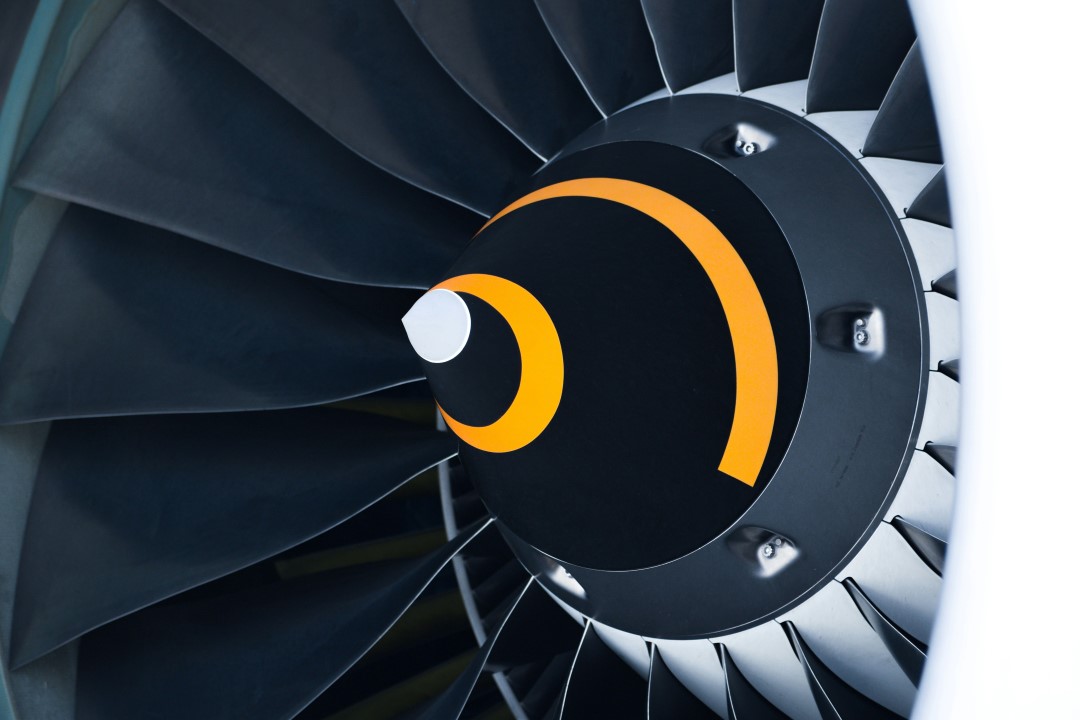Experts: increased use of predictive intelligence to reduce emissions
Experts foresee a rise in predictive intelligence use within the aviation industry to cut emissions and boost efficiency. This trend highlights a growing interest among airlines in adopting emission-lowering solutions that facilitate timely engine maintenance and prepare for supply chain disruptions.
 Photo by Luka Slapnicar on Unsplash
Photo by Luka Slapnicar on Unsplash
Mint (India) reports that Tata Consultancy Services (TCS) is witnessing heightened interest from aviation companies in predictive intelligence solutions aimed at reducing carbon emissions and enhancing operational efficiency. Anupam Singhal, President of TCS-Manufacturing, highlighted this trend at the Farnborough Air Show.
Forecast future events
Predictive intelligence, leveraging data analytics to forecast future events, is being increasingly adopted to address engine efficiency, maintenance, repair, and overhaul (MRO) issues, and supply chain challenges. TCS expanded its partnership with Rolls-Royce at the air show to explore hydrogen fuel systems for aircraft engines, further emphasizing its commitment to sustainable aviation technologies.
Improve overall flight efficiency
Despite advancements in sustainable aviation fuel (SAF) production, the current output remains insufficient, accounting for only 0.2% of global jet fuel use. According to the Mint report, TCS aims to utilize predictive intelligence to optimize engine maintenance schedules, minimize aircraft holding times, and improve overall flight efficiency, ultimately reducing carbon emissions. The firm’s predictive intelligence solutions offer the potential to assess the impact of global events on supply chains, enhancing preparedness and resilience.
Singhal noted that predictive intelligence, combined with generative AI and quantum computing, can optimize weather pattern analyses, reducing unnecessary carbon emissions.


